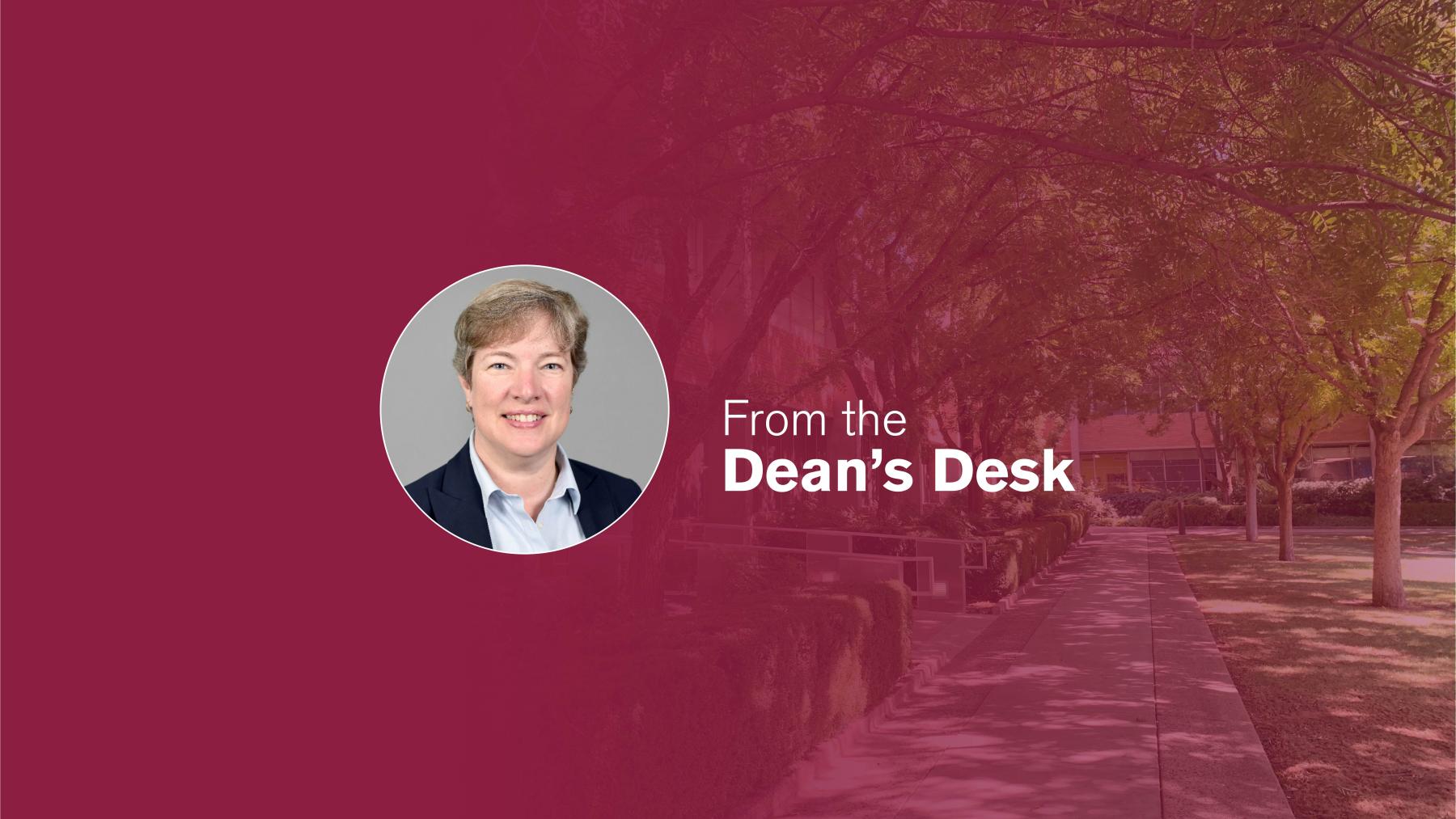
Small moves, big impact and the art of leaving a legacy
"Look for the shine in your eyes to remind yourself of the fire in your soul."
― Deepak Chopra, The Spontaneous Fulfillment of Desire: Harnessing the Infinite Power of Coincidence
I care about your legacy — who you are and who you will become. And to be honest, I’m already impressed! Your legacy is your work and the impact it has on your life. It is also about the lives of those around you and those you influence. To make this point clear, I want to start with a story. When I was in 5th grade, I had a fabulous math and science teacher. She pulled me aside after school and told me that she thought I could do better in math than I was doing. She told me that if I could improve my grades, I could take the higher level math class when I started 6th grade, which would set me on the path to take calculus during my senior year in high school. Well, that little push inspired me. I strived to do better — and eventually, I took calculus during my senior year. In a surprising turn of events (to me anyway), I declared mathematics as my undergraduate major and earned my bachelor’s degree with honors. I love math and problem-solving to this day. That one teacher — that one push — changed me. I am part of her legacy. Because of her, I am here today, working to make a difference for all of you.
One of my observations when talking to graduate students today is that they (you!) want to have an impact on the world and get the most out of graduate education. I’ve noticed this desire more frequently as of late than I did among previous cohorts. Specifically, graduate students want to make the world a better place, influence change, and create a legacy. This new generation of graduate students is focused on work to solve the most complex problems in the world. They view graduate education as a gateway to the required skills and knowledge to do that work.
Every ASU graduate student will have a legacy of some kind. In your work, you may make a discovery that contributes to engineering technology or influences new business processes. It could be at that level of impact. Or you could encourage one person to take a new job or you will be partly responsible for someone earning a promotion. Maybe you will influence someone by sharing the “right” report with them. You could also become an author and publish an article, paper, or book that inspires someone you don’t know.
One way to think about legacies is to identify who made a difference in your life or inspired you. Maybe it was someone you know, like my 5th-grade math teacher. Or, it was a book you read like, “A Tree Grows in Brooklyn." In other words, your legacy — people known to you or not who are touched and influenced by your work.
Where do you want to have an impact? What will be the legacy of your work?
Elizabeth A. Wentz
Vice Provost and Dean
Graduate College
More stories from the Graduate Insider

Graduate funding deadlines for Fall

How to feel confident in your next interview
Let’s be honest, interviews can feel nerve-wracking. Your palms sweat, your heart races, and you start to second-guess whether you even remember your own name. But here’s the good news: with a little preparation, you can walk into (or log onto) your next interview feeling calm, collected, and ready to shine.
